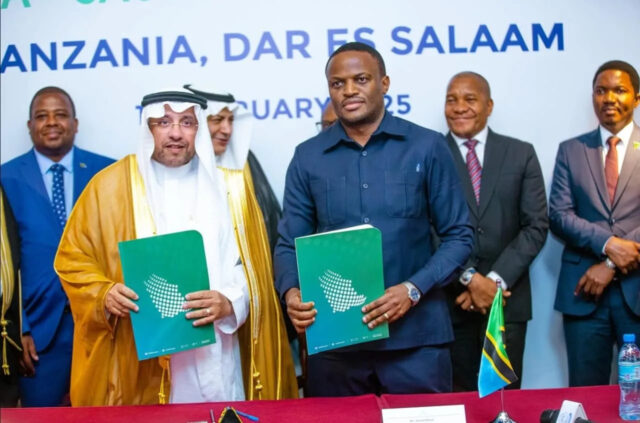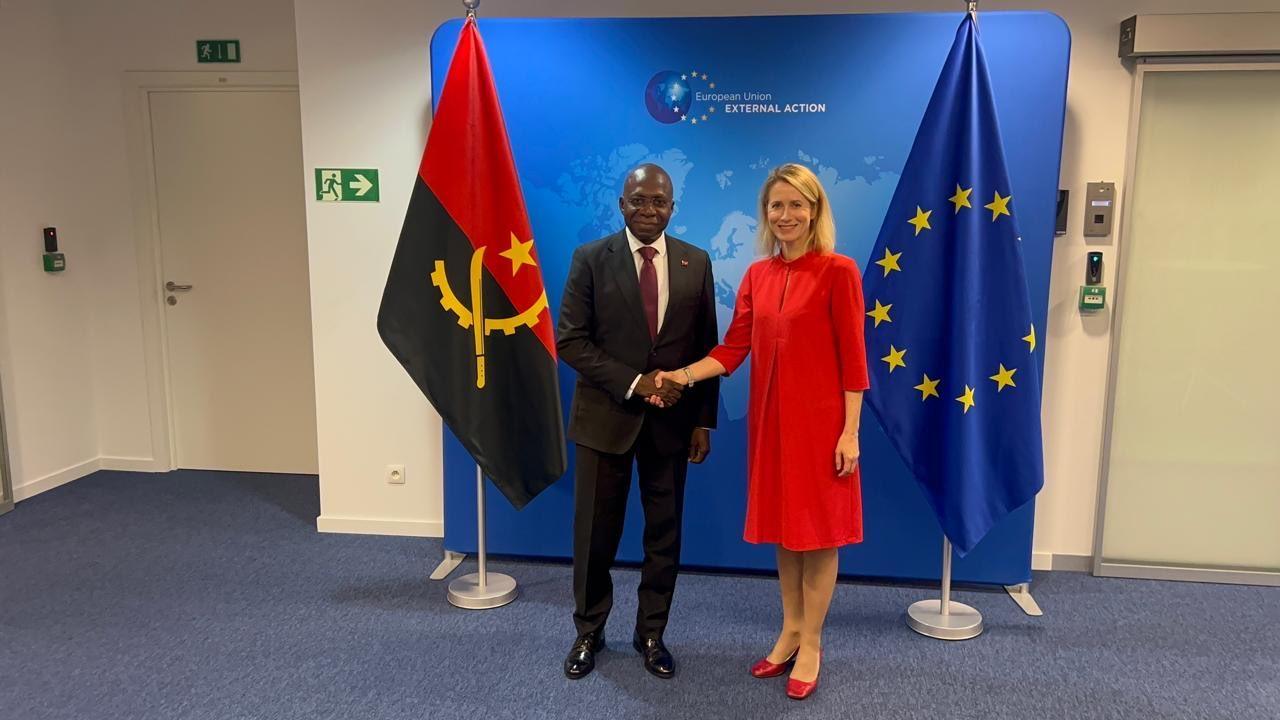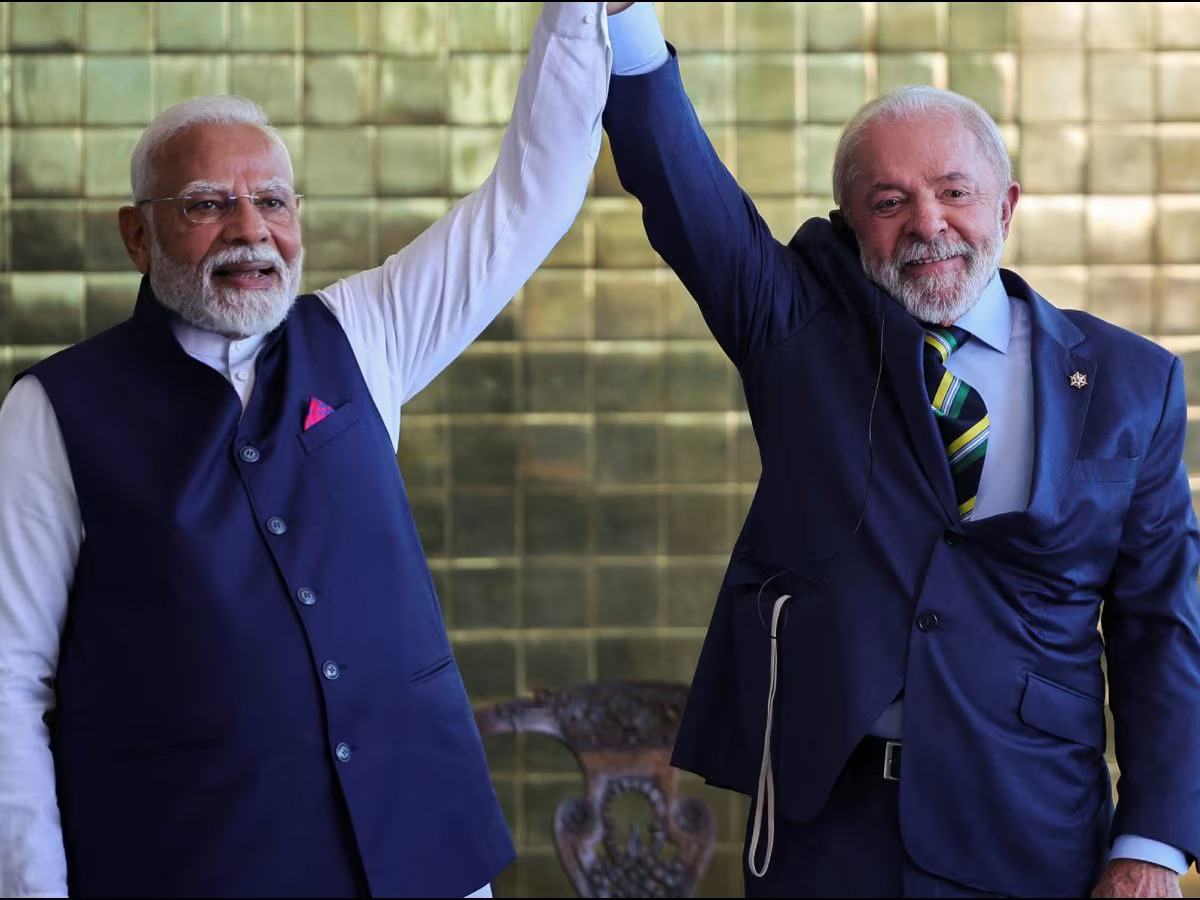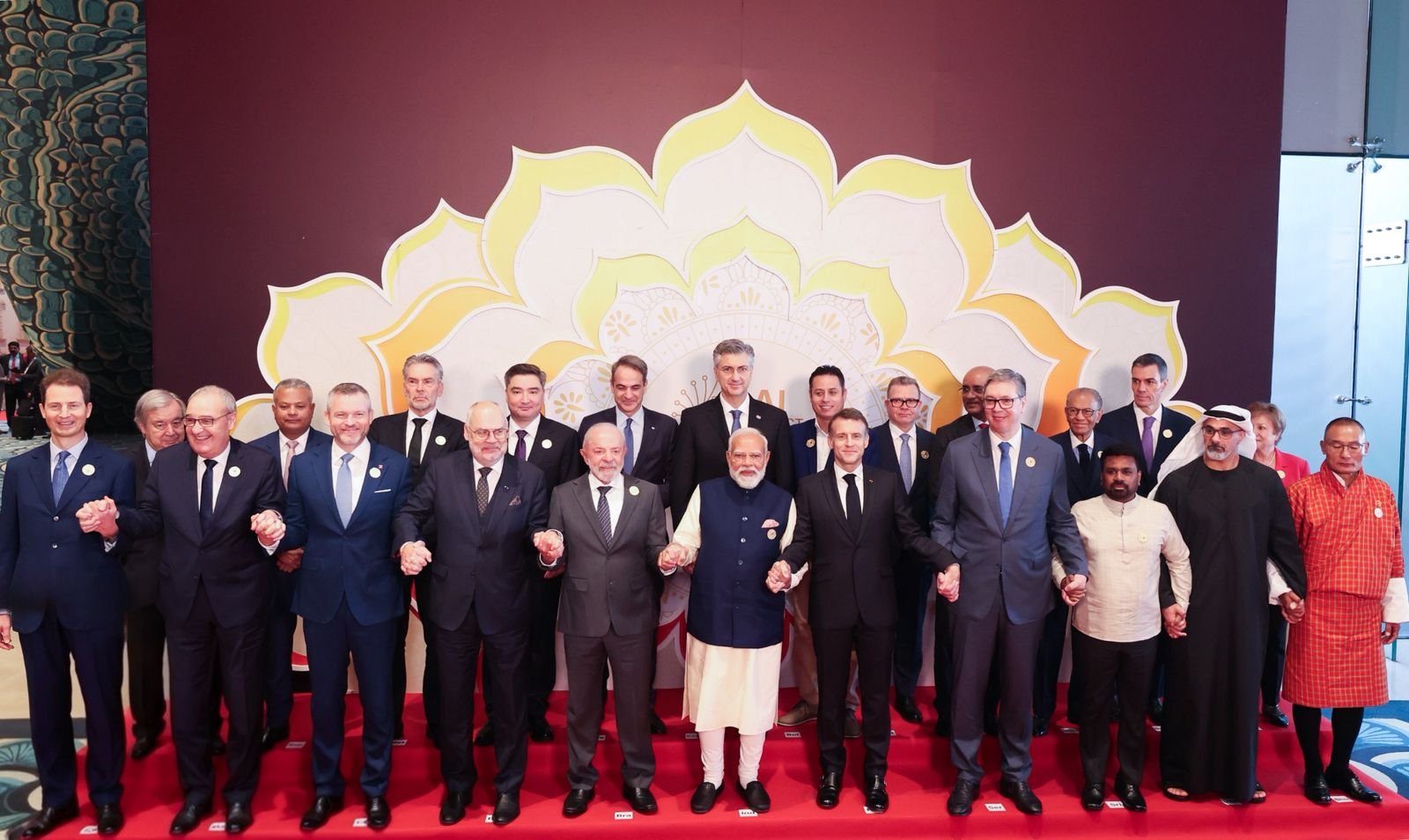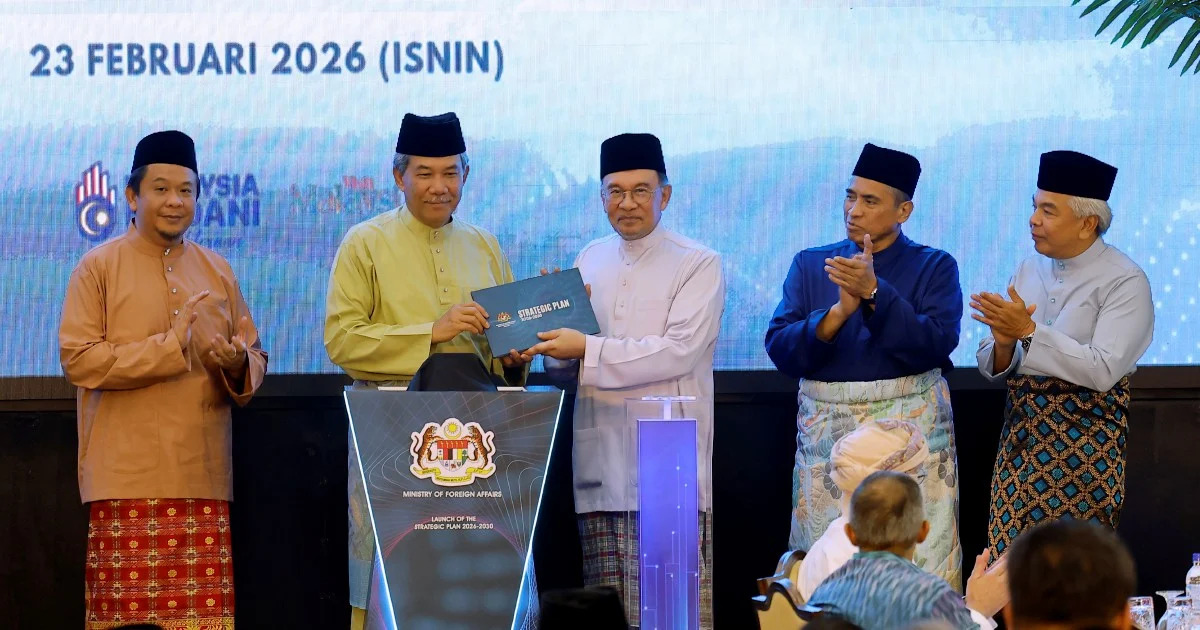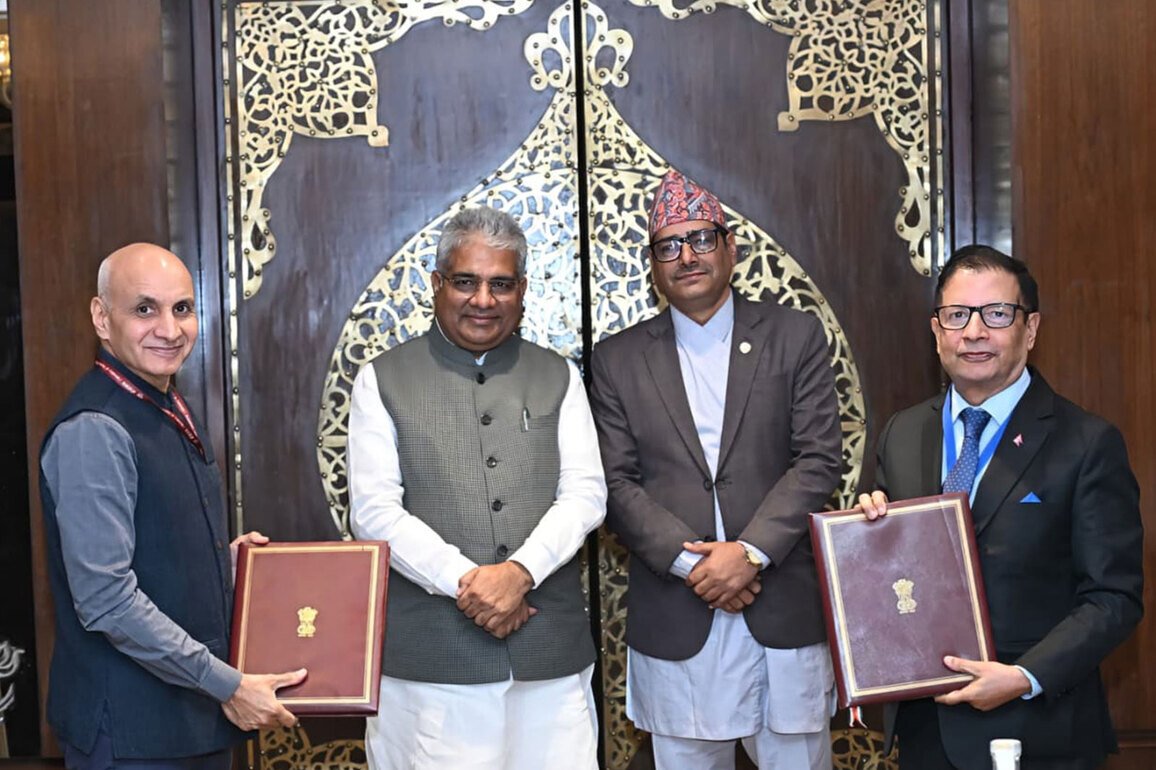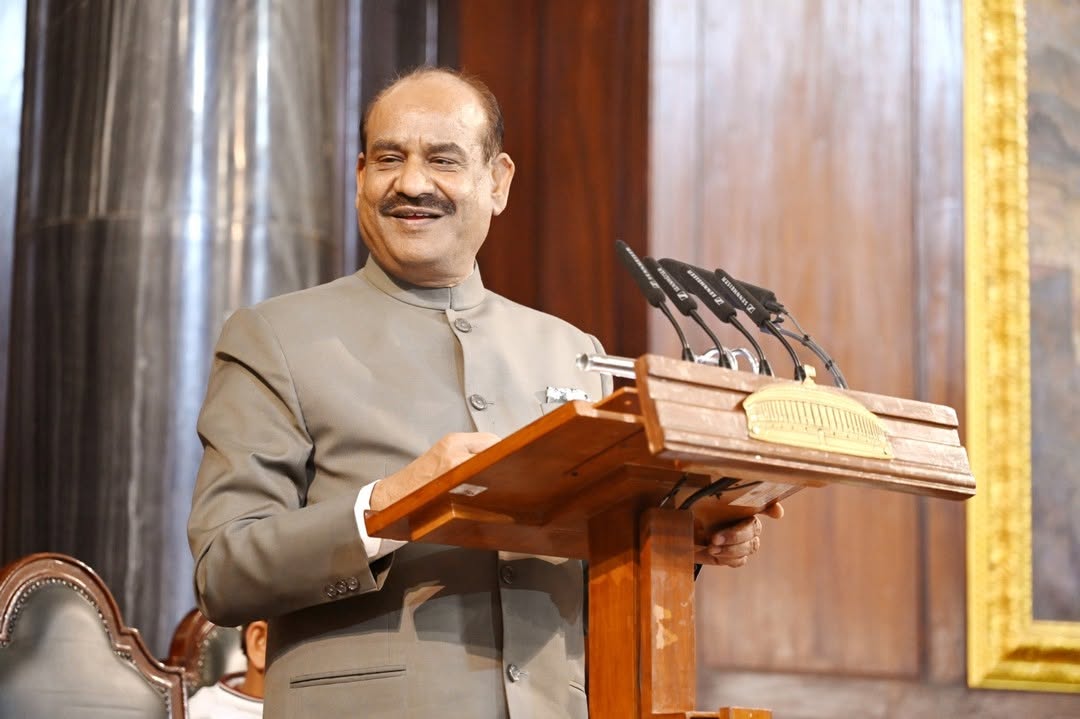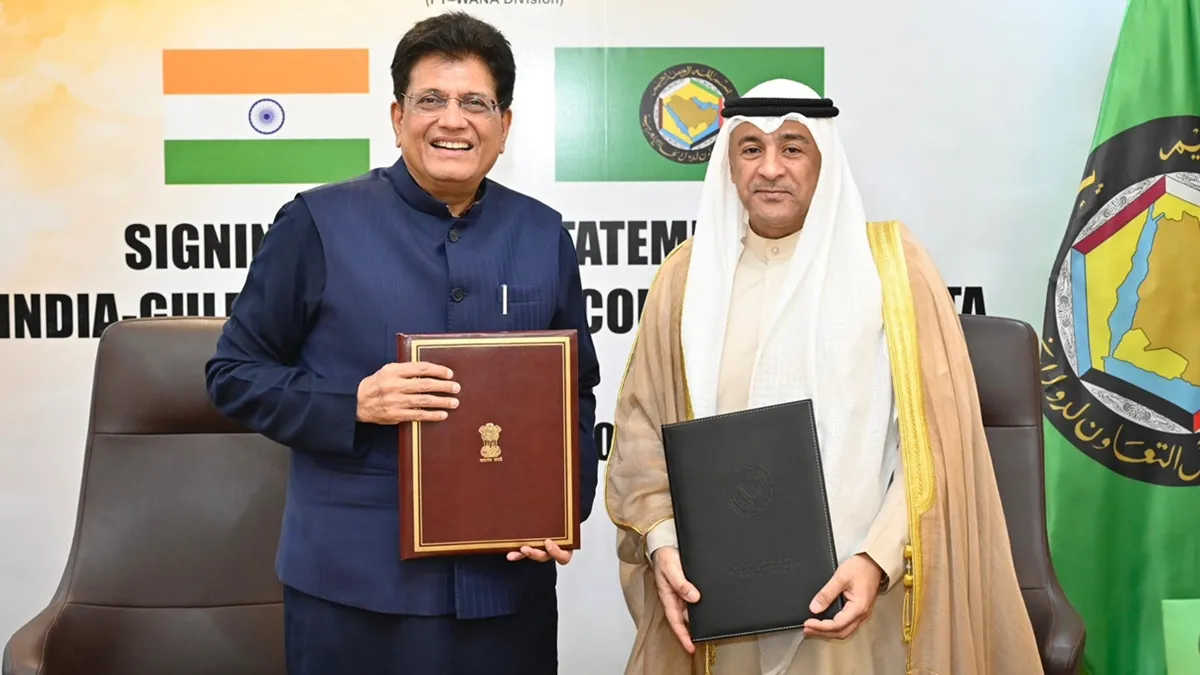The celebration of the Kingdom of Saudi Arabia’s 45th National Day in Tanzania this past weekend was far from a mere ceremonial display. It served as a firm affirmation that diplomacy, when done earnestly, extends far beyond speeches and formalities — and is instead rooted in action, cooperation, and shared purpose.
Held in Dar es Salaam, the event was hosted by Saudi Arabia’s Ambassador to Tanzania, Yahya Ahmed Okeish, who underscored the evolving and substantive partnership between the two nations. Far from being symbolic, the relationship between Saudi Arabia and Tanzania has grown into a multidimensional alliance touching economic development, health, investment, and cultural ties.
The theme for this year’s celebration — “Our pride is in our nature” — was more than just a national slogan. It encapsulated the Kingdom’s stated approach to international partnership: respectful, sustainable, and people-centred. Addressing a gathering that included ambassadors, government officials, members of the business community, and the guest of honour, Minister of State Prof Kitila Mkumbo (President’s Office for Planning and Investment), Ambassador Okeish reiterated Saudi Arabia’s commitment to advancing its cooperation with Tanzania across all major sectors. “I am confident that the coming phase will witness remarkable leaps in our bilateral relations under the wise leadership of both our nations,” said the ambassador, noting that the relationship is designed for long-term mutual benefit, not fleeting alliances.
Tangible Partnerships in Action
Indeed, Saudi Arabia’s engagement in Tanzania is not limited to diplomatic niceties. Over the past year, the Saudi Embassy has led several community outreach programmes — from beach clean-ups at Mbezi to organising open days for orphaned children — reflecting a people-to-people philosophy in foreign relations. Such acts, though modest in appearance, speak volumes: they signal a commitment to shared humanity, environmental stewardship, and local impact — elements too often absent from conventional diplomacy.
On the health front, Saudi Arabia’s King Salman Humanitarian Aid and Relief Centre (KSrelief) has been instrumental in expanding access to critical medical services. In collaboration with the Jakaya Kikwete Cardiac Institute (JKCI), Saudi-led volunteer medical teams recently conducted heart surgeries for 30 Tanzanian children with congenital conditions. These interventions have not only saved lives but also helped strengthen local medical capacity. Through continued support — including the provision of medical equipment, skilled personnel, and training — the Kingdom is helping ensure that Tanzanian hospitals are better equipped and staffed for the future.
Investment and Trade: More Than Numbers
The economic relationship between the two countries is also experiencing notable momentum. Bilateral trade exceeded USD 1.4 billion in 2023 — a figure that reflects both scale and growing confidence between the parties. Recent business forums held in Riyadh and Dar es Salaam culminated in the establishment of a Saudi-Tanzania Joint Business Council, a strategic platform intended to deepen and streamline commercial cooperation. Sectors such as agriculture, fisheries, industrial manufacturing, infrastructure, and renewable energy have emerged as key areas of focus.
Saudi investors have shown particular interest in food security and energy solutions — aligning neatly with President Samia Suluhu Hassan’s national development agenda. A technical team from Riyadh recently visited Dar es Salaam to assess Tanzania’s needs under the “Supporting Energy Solutions for Food Security” initiative. Yet, officials and observers alike caution that growth must be inclusive. Minister Prof Mkumbo, speaking at the celebration, pointed to both the promise and the imbalance in trade, noting that Tanzania exported goods worth TZS 32 billion to Saudi Arabia in the past year, compared to TZS 1.4 trillion in imports. This gap presents both a challenge and an opportunity: to diversify exports, build local value chains, and ensure that investment flows benefit ordinary Tanzanians — not just foreign partners or elite stakeholders.
Regional Stability and Shared Vision
Beyond bilateral ties, Saudi Arabia reaffirmed its role as a contributor to regional and global stability. Through humanitarian relief, development projects, and cultural cooperation, the Kingdom is extending its hand beyond the traditional aid framework. Tanzania, for its part, is recognised as a reliable partner in East Africa — one with a growing economy, political stability, and increasing regional influence. Both nations share mutual interests in peacebuilding, sustainable development, and economic transformation. Yet, as with all partnerships, the road ahead will require vigilance. Ensuring fair investment practices, equitable trade, and the sustained impact of health and education programmes remains paramount.
Diplomacy That Touches Lives
While embassies around the world are often criticised for their distance from local realities, the Saudi Embassy in Dar es Salaam appears to be embracing a different model — one of engaged, grounded diplomacy. From the symbolic (a beach clean-up) to the life-saving (paediatric heart surgery), the Kingdom’s involvement in Tanzania is increasingly characterised by deeds rather than declarations.
Ambassador Okeish’s remarks and commitments reflect a broader Saudi policy that sees diplomacy not just as statecraft, but as a vehicle for meaningful collaboration — with results already visible on the ground. “These are not just pledges,” one attendee remarked at the event. “They are things we can already see: children who are alive, doctors who are better trained, streets that are cleaner.”
Looking Forward
For Tanzania, the challenge now lies in capitalising on this momentum: negotiating deals that empower local businesses, investing in skills development, and ensuring that international partnerships respect and reflect national priorities. And for Saudi Arabia, the true test of its diplomatic evolution lies in sustaining its commitments with transparency, consistency, and local inclusion. If both sides hold to this course — where cultural exchange, economic growth, and humanitarian concern go hand-in-hand — then the phrase “remarkable leaps” in bilateral relations may prove not just aspirational, but inevitable. Because in the end, diplomacy is not measured in handshakes or headlines, but in healthier children, stronger institutions, and shared progress that touches everyday lives.

